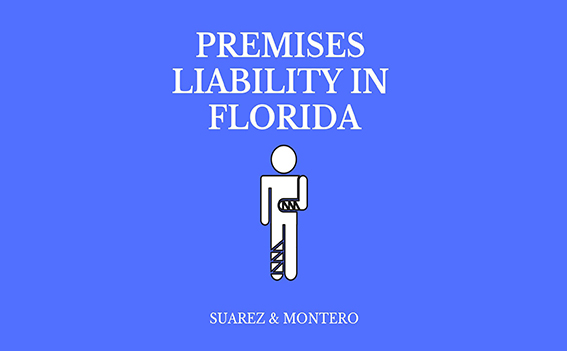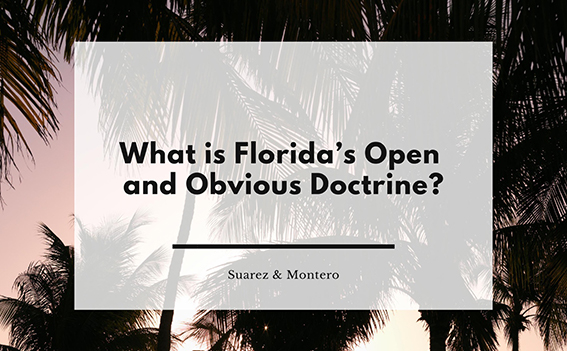
Premises Liability in Florida
In personal injury law, a premises liability case deals with injuries caused by a property owner’s failure to maintain his property or to warn visitors of dangers. Common premises liability cases include slip and fall cases or construction accidents that harm visitors. The duty of care that a property owner owes toward people injured on their property depends on the relationship between the property owner and the injured person. In Florida, an injured person falls into one of these three categories:
Invitee: An invitee, also known as a “business invitee,” visits the property for a reason that benefits both the visitor and the property owner in a concrete way, so to speak. For instance, grocery store shoppers are business invitees because they benefit from getting groceries and the property owner benefits from having the shoppers spend their money at his store. Likewise, a contractor hired to do repairs on the property is an invitee. A transfer of money is not required to make a visitor into an invitee, but it is common in invitee situations.
Licensee: A licensee is a visitor whom the property owner permits on the property, but who is not trading benefits with the property owner. Houseguests are a common category of licensees.
Trespasser: A trespasser is a visitor who comes onto the property without the permission of the property owner.
A property owner owes a different duty of care to each of these three categories of visitor, as follows:
Invitees: A property owner must protect invitees from any dangerous condition that the owner knows or should know about. Property owners must inspect property and must either fix any dangerous conditions they find or warn invitees about them. The yellow “Caution: Wet Floor” signs that appear in many public places are one example of a property owner’s warning invitees about a dangerous condition—in this case, a slippery floor.
Licensees: A property owner must protect his licensees from dangers he knows about by warning them. He is not, however, required to inspect the premises or to fix dangerous conditions as soon as he finds them.
Trespassers: A property owner must not create dangerous conditions on his property or make them worse in order to catch trespassers. However, a property owner is not required to fix dangerous conditions or warn trespassers about them.
Premises liability only applies to dangerous conditions on the property. For example, an icy sidewalk, rotted steps, or spilled food on a grocery store floor are all dangerous conditions that fall under premises liability law. An activity that injures a visitor to property, however, is handled as a regular negligence or strict liability case. When an activity injures a visitor, the question is whether the person responsible for the activity used reasonable care. Activities that are ultrahazardous automatically impose liability on the person doing the activity as long as the injured person can show that the activity caused his injury.
Let the personal injury attorneys at Suarez & Montero review the circumstances of your case and discuss your legal options. Our attorneys are ready to provide proven legal representation in pursuing your claim and stand ready to protect your rights.
Contact us today at 786 Lawyers for a FREE consultation!





